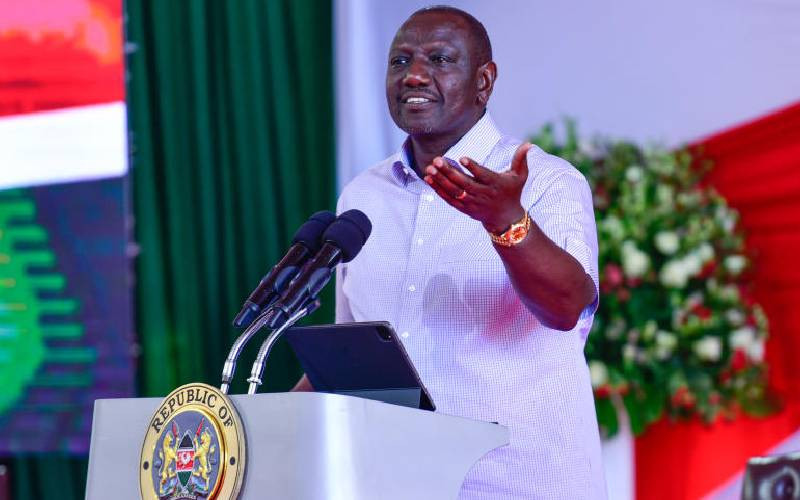×
The Standard e-Paper
Stay Informed, Even Offline

While addressing senior members of his administration at a retreat recently, President William Ruto talked about the issues of bureaucratic red tape and delay in service delivery.
The president's concern is not new. All over the world, government officials are normally criticised because of delay and inefficiency caused by numerous approval processes.